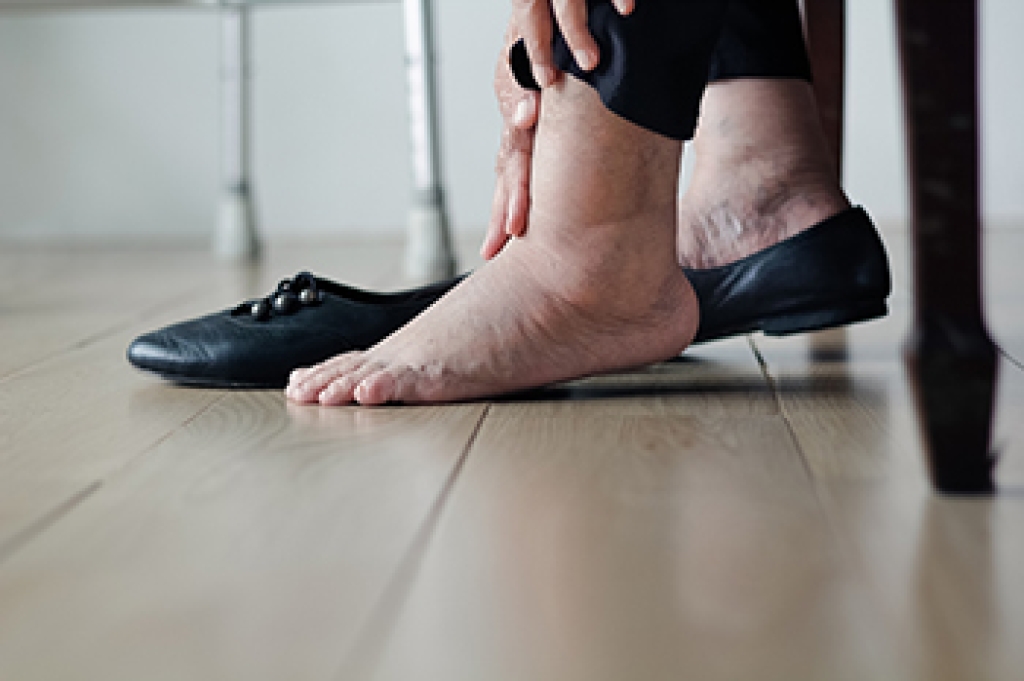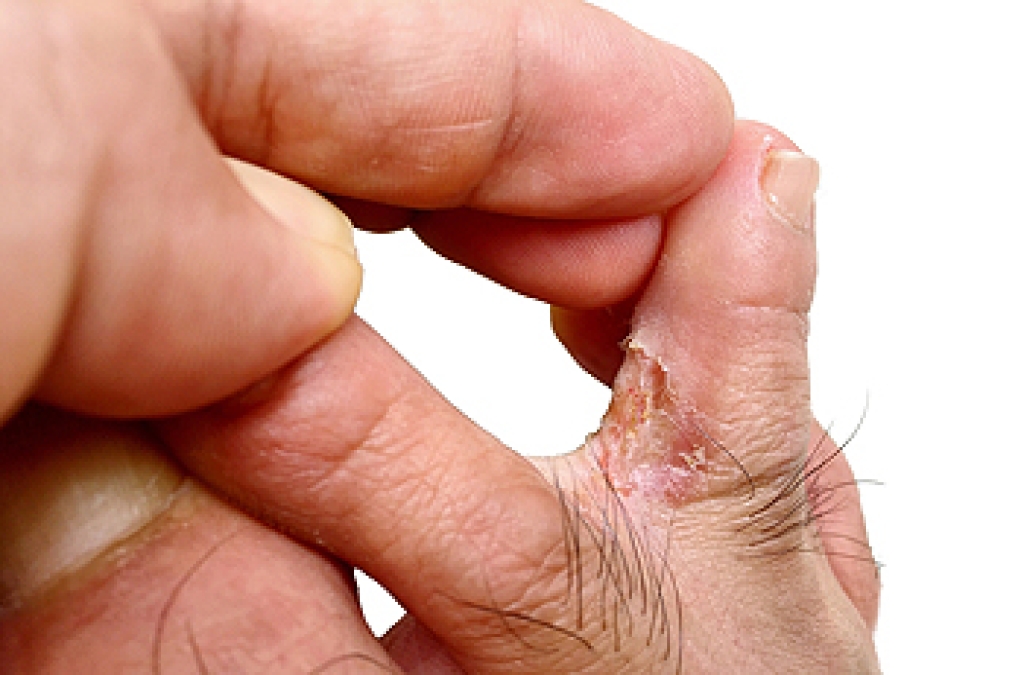
Swollen ankles from flying, a condition known as edema, often occurs during long flights. This happens due to a combination of factors such as prolonged immobility, changes in cabin pressure, and dehydration, all of which can lead to fluid retention in the lower limbs. When seated for extended periods of time, gravity causes fluid to pool in the feet and ankles, leading to swelling. The reduced cabin pressure in airplanes can also contribute to fluid accumulation in the body tissues. Additionally, the air inside the cabin is quite dry, and if an individual does not drink enough water, it can lead to dehydration, further exacerbating the swelling. To alleviate this issue, it is advisable to move around the cabin and perform simple leg and foot exercises while seated. Additionally, it is beneficial to wear loose clothing and maintain hydration by drinking plenty of water. Compression stockings can also be helpful in preventing swelling by promoting better circulation in the legs. If you are planning on taking a long flight, it is suggested that you make an appointment with a podiatrist for more personalized advice, particularly if you have underlying health conditions.
Swollen feet can be a sign of an underlying condition. If you have any concerns, contact one of our podiatrists of DeCaro Total Foot Care Center. Our doctors can provide the care you need to keep you pain-free and on your feet.
Swollen feet are a common ailment among pregnant women and people who stand or sit for extended periods. Aging may increase the possibility of swollen feet and patients who are obese often notice when their feet are swelling too. There may be medical reasons why swollen feet occur:
- Phlebitis - A condition that causes the veins to become inflamed and can also cause leg pain.
- Liver disease - This may lead to low blood levels of albumin which is a protein. This can cause fluid in the blood to pass into the tissues and several areas of the body can become swollen.
- Heart failure - When the heart doesn’t pump properly the blood that is normally pumped back to the heart can pool in the veins of the legs causing swollen feet.
- Kidney disease - One of the main functions of the kidneys is releasing excess fluid in the body. This type of condition can make it difficult for the kidneys to function properly, and as a result the feet may become swollen.
- Deep-vein thrombosis (DVT)- This is a serious condition where blood clots form in the veins of the legs. They can block the return of blood from the legs to the heart which may cause the feet to swell. It is important to be treated by a podiatrist if this condition is present.
Swollen feet can also be caused by bone and tendon conditions, including fractures, arthritis, and tendinitis. Additionally, there may be skin and toenail conditions and an infection may cause the feet to swell. Patients who take medicine to treat high blood pressure may be prone to getting swollen feet.
Many patients elevate their feet to help relieve the swelling and this is generally a temporary remedy. When a podiatrist is consulted the reason behind the swelling can be uncovered and subsequently treated.
If you have any questions please feel free to contact our office located in West Hatfield, MA . We offer the newest diagnostic tools and technology to treat your foot and ankle needs.









